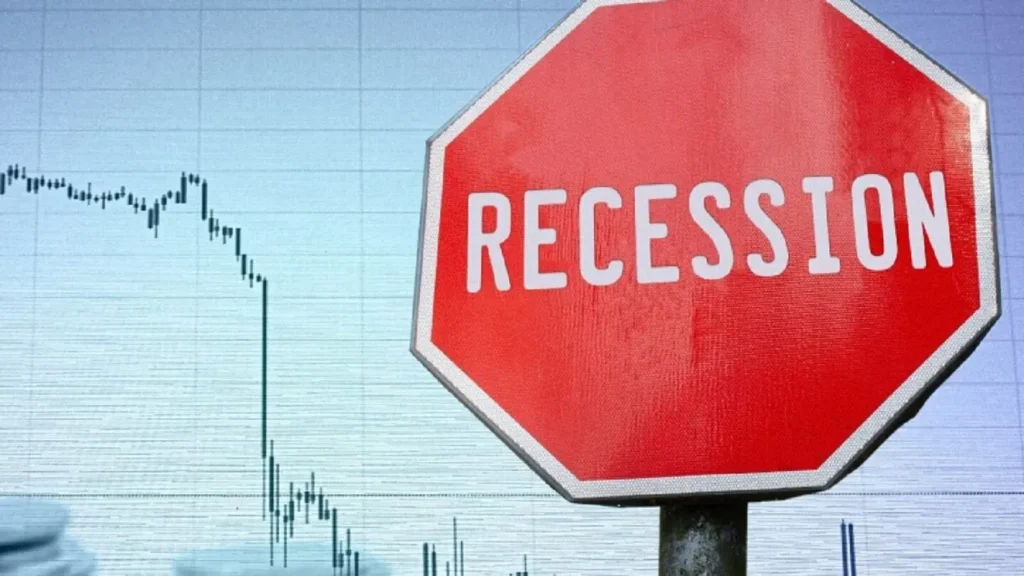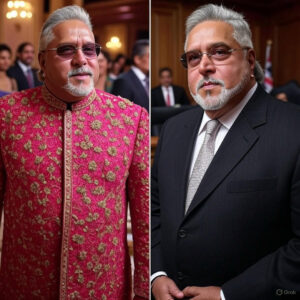Table of Contents
ToggleThe Rise of Trump Tariffs
In recent times, the imposition of Trump tariffs has sparked intense global discussion, raising concerns about a potential global trade war and its profound economic impact. On April 2, 2025, former U.S. President Donald Trump introduced sweeping Trump tariffs, affecting over 90 countries. These tariffs, designed to protect domestic industries and address the U.S. trade deficit, sent shockwaves through the global economy. Within days, stock markets worldwide crashed, losing trillions in value, highlighting the immediate economic impact of tariffs. As nations, particularly China, retaliated with their own measures, the world edged closer to a global trade war, with tariffs on China escalating tensions further.
Understanding Tariffs: Purpose and Mechanism
A tariff is a tax levied on imported goods, such as electronics or raw materials, with two primary goals:
Revenue Generation: Tariffs provide governments with additional income.
Industry Protection: By making foreign goods costlier, tariffs encourage consumers to buy local products.
However, when Trump tariffs are imposed without international consultation, they risk severe economic consequences, including global trade wars and potential recessions. The tariffs on China, set at 34%, exemplify this, as they prompted immediate retaliatory tariffs, intensifying the global trade war.
Economic Fallout: A Global Recession Risk

The announcement of Trump tariffs on April 2, 2025, triggered a dramatic economic impact, with global stock markets plummeting (BBC News). The global economy faced significant disruption, as countries retaliated against Trump tariffs. Notably, tariffs on China led to a 34% counter-tariff from China, escalating the global trade war and pushing the world toward a potential recession. Key impacts include:
Market Declines: Major indices, like the S&P 500, fell sharply.
Trade Tensions: Retaliatory tariffs targeted U.S. industries, such as agriculture and manufacturing.
The U.S. trade deficit, a central justification for Trump tariffs, may not decrease as intended, as retaliatory measures could harm U.S. exports (Tax Foundation).
Historical Context: Tariffs as Economic Tools
Historically, tariffs have protected emerging industries when used strategically. For example, South Korea’s rice tariffs in the 1980s bolstered local farmers, enabling global competitiveness. However, Trump tariffs appear less calculated, risking the economic impact seen in past protectionist policies, like the Smoot-Hawley Tariff Act of 1930, which deepened the Great Depression. The current global trade war echoes these historical missteps, with tariffs on China and others threatening economic stability.
The Dynamics of Global Trade Wars
When one nation imposes tariffs, others often retaliate, leading to a global trade war. Trump tariffs on over 90 countries prompted swift responses:
| Country/Region | Retaliatory Target | Impact |
| China | Corn, cars | Hurt U.S. farmers, manufacturers |
| Canada | Poultry, AC units | Increased costs for U.S. consumers |
| EU | Steel, slaughterhouses | Affected U.S. industrial sectors |
These actions, driven by tariffs on China and others, have political undertones, targeting Trump’s voter base, and amplify the economic impact of tariffs.
Addressing the U.S. Trade Deficit
Trump’s rationale for Trump tariffs centers on reducing the U.S. trade deficit, where imports exceed exports. For instance, a $2 billion import from China versus $1 billion in exports creates a $1 billion deficit. While concerning, a trade deficit isn’t inherently harmful, especially for a robust economy. However, Trump’s use of emergency powers to impose tariffs assumes deficits are a crisis, a view economists challenge. The economic impact of tariffs may include:
Short-Term Reduction: Tariffs might curb imports temporarily.
Long-Term Risks: Retaliation could reduce U.S. exports, worsening the U.S. trade deficit.
Flaws in Tariff Implementation
The methodology behind Trump tariffs has drawn criticism for its simplicity. Trump’s formula—dividing the U.S. trade deficit by import values and halving the result – lacks economic rigor. For example, the 34% tariff on China was falsely claimed to mirror China’s tariffs. Imposing tariffs on uninhabited regions like Heard Island further underscores the approach’s absurdity, contributing to the global trade war.
Domestic Consequences: Who Pays the Price?
Trump tariffs have raised U.S. consumer prices, as imported goods become costlier. This economic impact affects households reliant on foreign products, from electronics to clothing. Businesses face disrupted supply chains, complicating cost predictions. The tariffs on China exacerbate these issues, as China’s retaliation targets key U.S. sectors, amplifying the economic impact of tariffs.
Lessons from the Past
The economic impact of tariffs can be catastrophic, as seen in the Smoot-Hawley Tariff Act, which raised duties on 20,000 goods and worsened the Great Depression. Similarly, Trump tariffs risk isolating the U.S. in an interconnected global economy, potentially triggering a global trade war with lasting consequences.
The Role of the WTO
The World Trade Organization (WTO) promotes free trade by reducing tariffs, a mission challenged by Trump tariffs. The U.S., once a free-trade advocate, now faces distrust from trade partners due to tariffs on China and others. The WTO’s ability to mediate disputes is strained, as Trump tariffs undermine global cooperation.
An Uncertain Future
The global trade war sparked by Trump tariffs has left the global economy in turmoil. While tariffs aim to address the U.S. trade deficit, their economic impact—higher prices, disrupted trade, and potential recession – raises concerns. Although Trump paused some tariffs, the damage to international trust persists. The future of global trade hinges on whether nations prioritize cooperation over conflict.
FAQ: Common Questions About Trump Tariffs
What are Trump tariffs?
Taxes on imports to protect U.S. industries and reduce the U.S. trade deficit.
How do tariffs affect the global economy?
They raise prices and risk global trade wars, potentially causing recessions.
Why target China?
Tariffs on China address perceived unfair trade and the U.S. trade deficit.
What is a trade war?
A cycle of retaliatory tariffs, like the current global trade war.
How have countries responded?
China, Canada, and the EU imposed tariffs, escalating the global trade war.
What’s the WTO’s role?
The WTO reduces tariffs but struggles with Trump tariffs disputes.
Can tariffs fix the trade deficit?
They might reduce imports but risk worsening the U.S. trade deficit.
What are domestic impacts?
Higher prices and supply chain issues from Trump tariffs.
How do these tariffs compare historically?
Similar to Smoot-Hawley, risking severe economic impact.
What’s the trade future?
Uncertain, with global trade war risks lingering.

Jugaad on Two Wheels: The Hilarious Bike Parcel Hack in Karnataka
The Great Karnataka Bike Parcel Hack: A Jugaad Masterclass #RapidoParcel: In a creative yet controversial move, ride-hailing platform Rapido has found a way around Karnataka’s

Denmark’s Digital Sovereignty Revolution: Linux and LibreOffice Lead the Way
Introduction to Denmark’s Bold Move In June 2025, Denmark’s Ministry of Digital Affairs made headlines by embracing digital sovereignty, ditching Microsoft Windows and Office 365

🏏Sports as a Business Strategy: Insights from Vijay Mallya’s RCB Ownership
🧠 Sports as a Business Strategy (Tool) In modern business, few platforms offer better engagement and emotional connection than sports. From football clubs in Europe

🙏 Apologies in Leadership: Vijay Mallya Public Apology
🧠 Introduction: The Role of Apologies in Leadership In the corporate world, apologies aren’t signs of weakness—they’re strategic acts of leadership. When made with sincerity

Audiobook Production Costs: Navigating Recording Artists, Studio Expenses, and AI’s Impact
The audiobook industry is booming, with over 130 million listeners in the U.S. alone in 2021 and a growing global appetite for audio content. Producing

Media Trial of Vijay Mallya: How Public Perception Shaped Vijay Mallya’s Legacy
Introduction: Media’s Influence on Business Narratives In today’s hyper-connected world, media narratives can make or break a business reputation. For Vijay Mallya, once known as

